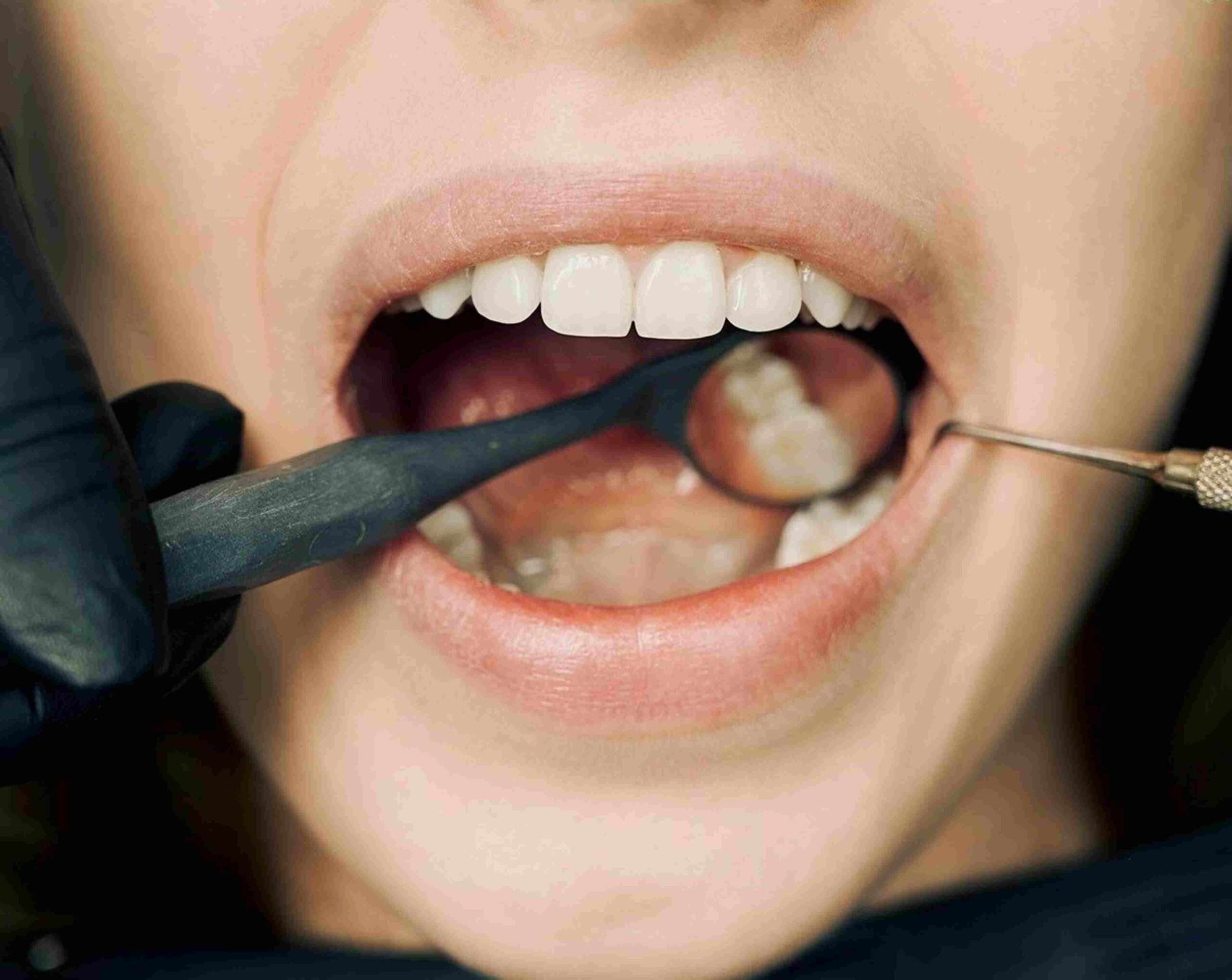Introduction
Impact of Oral Cancer on Human Health: An In-Depth Exploration . Oral cancer, a formidable adversary that affects various structures within the oral cavity, has a profound and multifaceted impact on human health. Beyond its immediate effects on oral tissues, this disease can significantly influence overall well-being. In this comprehensive exploration, we will delve into the intricate ways in which oral cancer affects human health, examining its physical, emotional, and social implications. Understanding the comprehensive impact of oral cancer is essential for developing holistic approaches to prevention, diagnosis, and treatment.
-
The Physical Toll of Oral Cancer
Localized Tissue Damage:
Oral cancer typically originates in the tissues of the mouth, including the lips, tongue, gums, and palate.
The growth of cancerous cells leads to the destruction of healthy tissues, causing pain, inflammation, and potential impairment of essential functions like speech and swallowing.
Functional Impairments:
Depending on the location and stage of oral cancer, individuals may experience functional impairments.
Tumors affecting the tongue or throat can lead to difficulties in speech, chewing, and swallowing.
Oral Complications:
Treatment modalities such as surgery, radiation, and chemotherapy can result in oral complications.
Dry mouth, mucositis, and increased susceptibility to infections are common side effects that impact oral health.
Nutritional Challenges:
Difficulties in swallowing and changes in taste perception can lead to inadequate nutrition.
Maintaining proper nutrition is crucial for overall health, and oral cancer can pose challenges in meeting these dietary needs.
Mental Health Challenges:
A diagnosis of oral cancer can evoke a range of emotions, including fear, anxiety, and depression.
Coping with the physical symptoms, potential disfigurement, and uncertainty about the future can contribute to mental health challenges.
Self-Esteem and Body Image:
Physical changes resulting from oral cancer treatment, such as surgery or loss of teeth, can impact self-esteem and body image.
Individuals may experience feelings of self-consciousness and altered perceptions of their appearance.
Fear of Recurrence:
Even after successful treatment, the fear of cancer recurrence can linger.
Ongoing surveillance and follow-up appointments may trigger anxiety and emotional distress.
Social Isolation:
Coping with the effects of oral cancer may lead to social withdrawal.
Changes in speech patterns or appearance can contribute to a sense of isolation, affecting interpersonal relationships.
-
Social and Lifestyle Consequences
Impact on Relationships:
Oral cancer can strain relationships, as individuals navigate the challenges of treatment, recovery, and potential changes in their ability to communicate and socialize.
Strong social support is crucial in mitigating these challenges.
Employment and Financial Strain:
Treatment for oral cancer may require time away from work for surgeries, appointments, and recovery.
Financial strain can result from medical expenses, potential loss of income, and additional costs associated with supportive care.
Coping Mechanisms:
Individuals affected by oral cancer may adopt coping mechanisms, which can vary widely.
Some may turn to support groups, counseling, or mindfulness practices to navigate the emotional and social dimensions of the disease.
-
Challenges in Survivorship
Long-Term Effects:
Survivors of oral cancer may experience long-term effects, including ongoing oral health issues and the potential for treatment-related complications.
Regular follow-up care is essential to monitor for any signs of recurrence or late-onset complications.
Quality of Life Considerations:
Assessing and addressing the quality of life for oral cancer survivors involves understanding the physical, emotional, and social dimensions of their experiences.
Palliative care and survivorship programs aim to improve overall well-being beyond medical treatment.
-
Importance of Preventive Measures and Early Detection
Tobacco Cessation and Lifestyle Changes:
Encouraging tobacco cessation and promoting a healthy lifestyle are crucial in preventing oral cancer.
Education on the risks of tobacco use and excessive alcohol consumption is paramount for public health.
Regular Dental Check-ups:
Routine dental check-ups play a pivotal role in early detection.
Dentists can identify potential signs of oral cancer during examinations, allowing for timely intervention.
Public Awareness Campaigns:
Public awareness campaigns play a vital role in educating communities about the risk factors, signs, and preventive measures related to oral cancer.
Early detection through increased awareness contributes to better treatment outcomes.
-
Holistic Approaches to Treatment and Support
Multidisciplinary Care:
A multidisciplinary approach involving oncologists, surgeons, dentists, mental health professionals, and support services is crucial for comprehensive care.
Collaborative efforts address the diverse needs of individuals affected by oral cancer.
Patient-Centered Care:
Tailoring treatment plans to individual needs and preferences enhances patient-centered care.
Considering the physical, emotional, and social dimensions ensures a holistic approach to treatment.
Supportive Services:
Access to supportive services, including counseling, support groups, and rehabilitation programs, is essential for addressing the holistic well-being of patients and survivors.
Conclusion-Impact of Oral Cancer on Human Health: An In-Depth Exploration(Impact of Oral Cancer)
Oral cancer’s impact extends far beyond the physical manifestations of the disease, reaching into the realms of emotional, social, and psychological well-being. Recognizing and addressing the multifaceted consequences of oral cancer is imperative for providing comprehensive care to those affected. As we continue to advance in research, treatment modalities, and support services, a holistic approach that considers the intricate interplay of physical and emotional health will pave the way for improved outcomes and enhanced quality of life for individuals navigating the complexities of oral cancer.




Average Rating